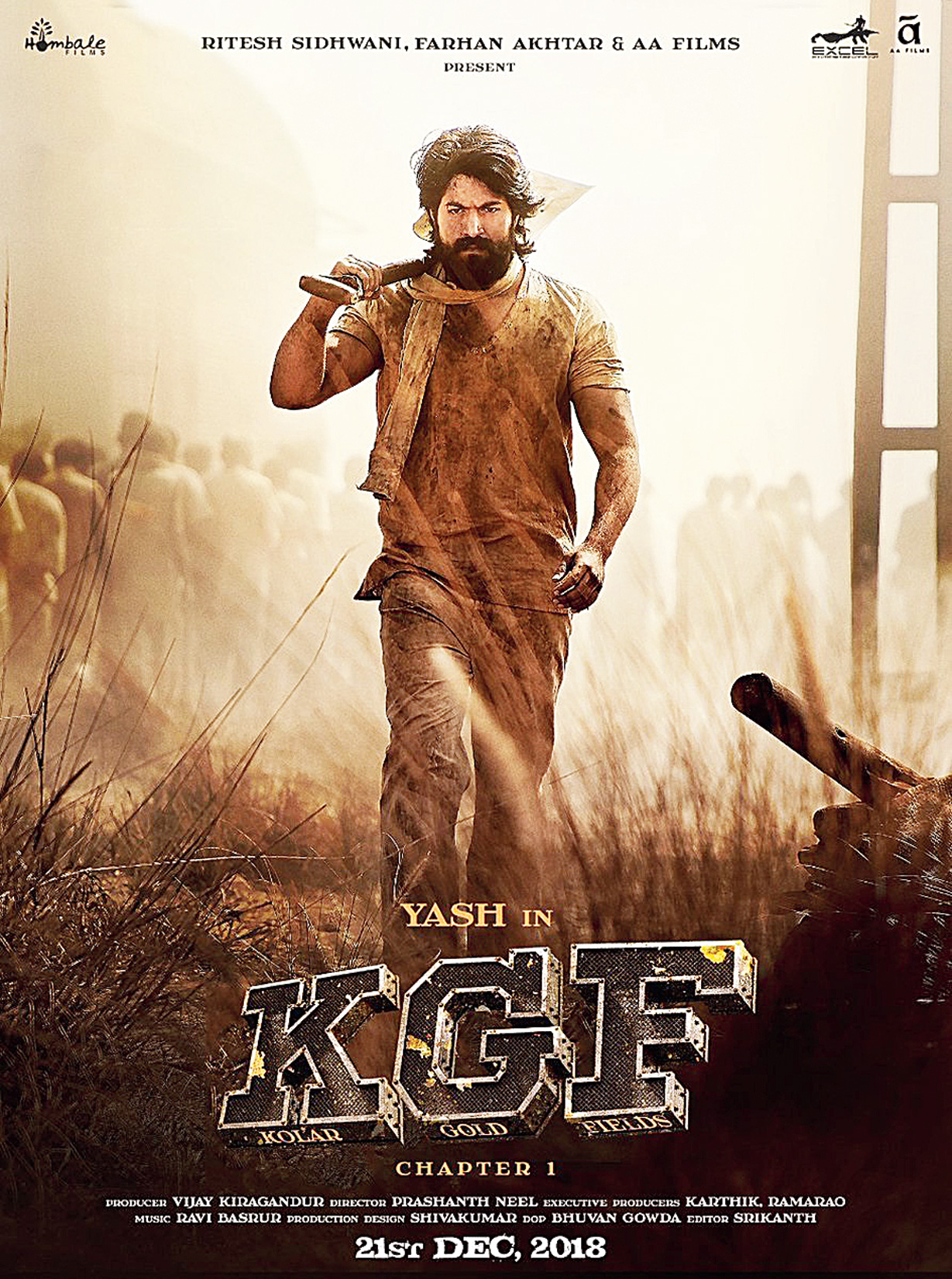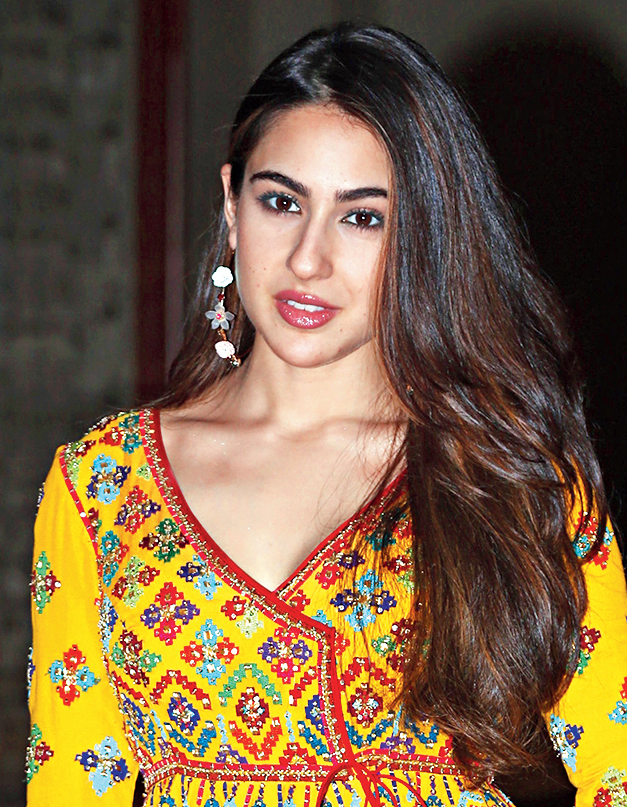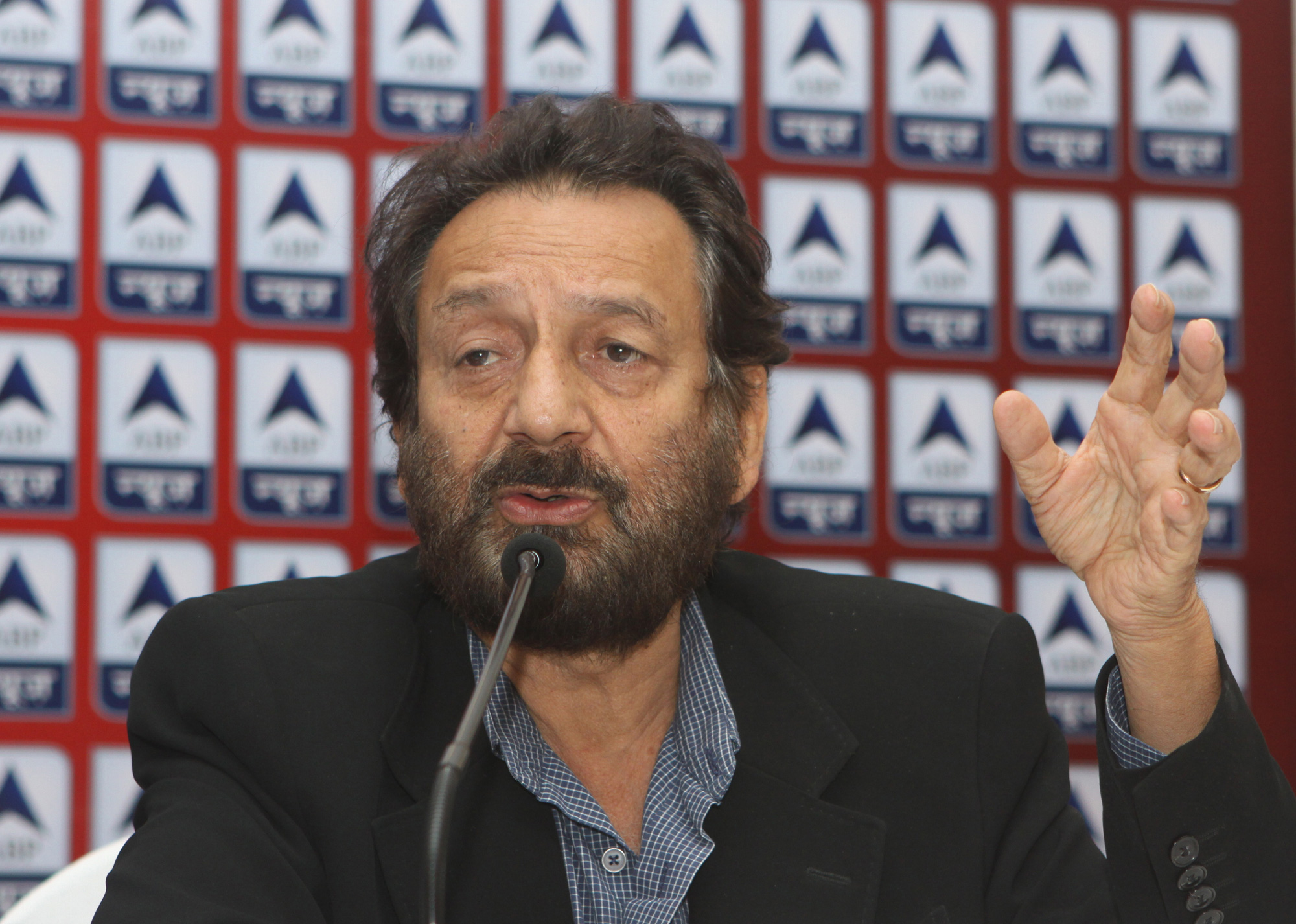Kolar Gold Field — Chapter I (KGF — I) is one of the most ambitious Kannada films to get a pan-India release. The film stars Yash, or ‘Rocking Star Yash’ as his fans in Sandalwood know him, and its Hindi release is backed by Farhan Akhtar and Ritesh Sidhwani’s Excel Entertainment. The two-part saga is touted to be the most expensive film in the history of Kannada cinema. Set in the ’70s, the drama traces the history of gold mining in the fields of Karnataka’s Kolar region and the mafia that controlled it. t2 met Yash at Novotel in Mumbai’s Juhu, before his actress-wife Radhika delivered their first child.
You’re said to be the highest-paid actor in Kannada films, whereas you’re here in Mumbai introducing yourself to people. Those are two very different places to be in any career. You must be feeling that difference?
Definitely. Here, I have to explain who I am to people, which in itself is a very new experience for me. It happens when we go abroad as well, when you have to stand in queue for things. It’s a reality check after you’ve been addicted to stardom. I come from theatre, and the first thing we learn there is to be detached from your success.
The lack of power is also exciting; it’s nice and refreshing to be able to explore something new after being in the industry for 12 years. I’m meeting new people and understanding the culture. I love new challenges and every actor should go through this to get out of their comfort zone. Most actors from the south come here and run away because of this, and I don’t want to come and join Bollywood either. We have our own world. I believe I can make Hindi films sitting in Karnataka as well. Hindi is my language too, so I belong here as much as anyone else. Movies have a different language and I know that language; what language the actors are speaking won’t make any difference to me. It’s the same lights and camera, and most of the technicians are the same. The only difference is the trade and the familiarity with an actor. It also doesn’t mean that getting success here would mean every film of mine will be in Hindi. I’ll only do it when a film has the right essence and appeal for everyone in the country.
Was it the story that caught your attention?
It was the intent first. My producer Vijay Kirgandur bought into the idea and agreed to do something big for our industry in the first phase. I love my director Prashanth’s work and I feel he’s one of the best in the country. I saw his debut film (Ugramm) and my mind was blown. I had the power along with my producer, he had the vision and we all came together. He narrated a line and that’s when it started. It was a perfect blend of content and power, and to scale it up eventually for the Hindi market, we brought in the visual experience. It’s a bigger world that’s going to unfold very soon.
The trailer reminds one a lot of Amitabh Bachchan’s films from the ’70s. Were those references somewhere at the back of your mind?
I’m a big fan of those kinds of films, and so is Prashanth. I think it was the best era for Indian cinema, we miss those kinds of Hindi films now. So, we were definitely influenced by the Bachchan films of that period, and Salim-Javed’s writing. The story doesn’t revolve around that, but it’s the essence of it. The story starts from Bombay, and that period is captured in cinema.
How much did the success of Bahubali influence this decision for a pan-India release?
When Bahubali happened, it definitely opened doors. For a producer to invest such a huge amount, you need an example and hats off to those people who did it. It’s not like we were influenced by them or that we’re a byproduct of that success, but that success has given us a lot of energy. I was the person who believed we could take it to five languages. Hindi is a big territory with the biggest audience and I felt that’s where we need to present this film. So many of my films have been dubbed in Hindi and have done very well on YouTube, but we never released them in this market. I was very clear that coming to a new industry should never be done just for the sake of doing it. This film has universal appeal, so we decided that we’d scale it up and make it big for everyone.
Where did your nickname ‘Rocking Star Yash’ come from?
(Laughs) All of us have nicknames down south. Here as well you have ‘Badshahs’ and ‘Shahenshahs’ but down south, even the smallest of heroes have tags. Some people even give themselves names. In my case, there was a movie called Rocky, and then some fans probably started it and the media picked it up. After four-five films, it became a tagline and that’s how it happened. In the Hindi film though, it’ll be just Yash.












